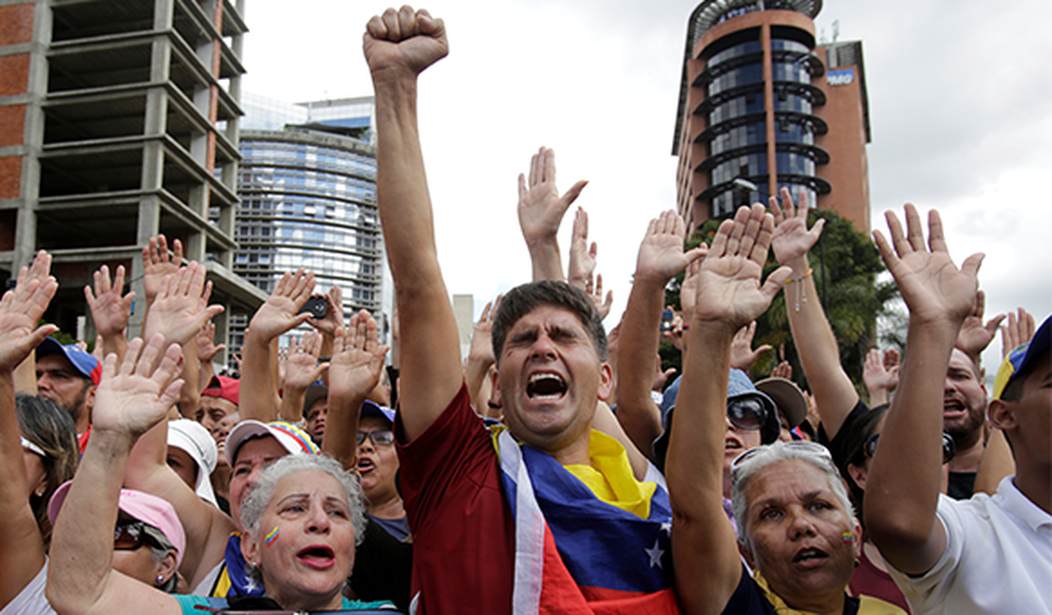The support for socialism and the disdain for capitalism is continuing its rise among the political Left. But among the general public, support for one is minimal. And if one were to compare the two economic systems, there's a clear winner (Hint: It's not the favorite of the Marxists).
On Sunday night, NBC News White House Correspondent Geoff Bennett tweeted the results of a new NBC/Wall Street Journal poll that tested the popularity of 11 different presidential characteristics. Among the least popular was "socialist," which came in at just 18 percent.
New @NBCNews / @WSJ poll tested 11 different presidential characteristics.
— Geoff Bennett (@GeoffRBennett) March 3, 2019
Most popular: An African American; a white man; a woman; and someone who is gay or lesbian
Least popular: A Muslim; someone over the age of 75; and a socialist
Just 18% view socialism positively
Former ESPN commentator and progressive Jemele Hill chimed in on the results, tweeting, "My guess is 100 percent of the people who don’t want a socialist have zero idea what socialism actually means."
My guess is 100 percent of the people who don’t want a socialist have zero idea what socialism actually means. https://t.co/LNLuNyuT52
— Jemele Hill (@jemelehill) March 3, 2019
The tweet comes with perfect timing as Dennis Prager's Prager University pits capitalism against socialism in its latest video, featuring Andy Puzder, the former CEO of CKE Restaurants, the parent company of Carl's Jr. and Hardee's.
Recommended
Throughout the video, Puzder demonstrates how socialism leads to economic downturn while capitalism leads to economic growth and "encourages people to improve their lives by satisfying the needs of others.
As Puzder explains, in a capitalist system, consumers have the ultimate power; they "vote" with "every dollar" they spend. But in a socialist economy, that ultimate power no longer belongs to the people. That ultimate power belongs to the government.
In a socialist economy, people no longer get to decide what they want as the government now has that responsibility.
"It decides what you get from a limited supply it decides should exist," Puzder states.
"Instead of millions of people making millions of decisions about what they want, a few people, government elites, decide what people should have and how much they should pay for it," he continues.
But when it comes to socialist economic systems, eventually, a nation will run out of necessities, like food or toilet paper. If one has connections to people in the higher echelons of government, they'll be fine. But everyone else? They're out of luck. For example, one has to look no further than Venezuela, which was once the wealthiest country in South America.
If progressives and socialists want to ignore the turmoil in Venezuela that's a result of socialism, Puzder for Prager University points them to Western Europe, to nations they like to describe as "socialist" but are, in reality, capitalist, "market economies," as stated by their nation's leaders.
To learn more about the destructiveness of socialism and the benefits and opportunities of capitalism, watch Prager University's full video below.

























Join the conversation as a VIP Member